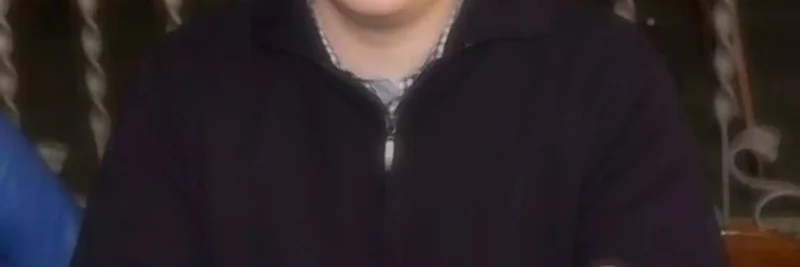Hey there, crypto enthusiasts! If you’ve been keeping an eye on the Solana ecosystem lately, you might have noticed some interesting chatter on X. A recent post by edgarpavlovsky has sparked a lively debate about gatekeeping, centralization, and whether the Solana community is sliding into what’s known as a "red ocean strategy." Let’s dive into this thread, break it down, and see what it means for the future of this blockchain.
What’s the Buzz About?
Edgar, a prominent voice in the crypto space, dropped a thought-provoking take on July 26, 2025. He suggests that some folks in the Solana ecosystem are leaning hard into gatekeeping and political arbitrage—fancy terms for controlling access and playing power games—to outmaneuver their peers. He doesn’t name names (which has left some X users begging for specifics!), but the implication is clear: this isn’t about building something new; it’s about protecting what’s already there.
For those new to the term, a red ocean strategy comes from business lingo and describes a highly competitive market where companies fight over a shrinking pie. Think price wars and cutthroat tactics rather than groundbreaking innovation. Edgar contrasts this with a blue ocean strategy, where the focus is on creating new value and expanding the market. His point? Gatekeeping might work short-term, but it’s a weak move in a fast-moving, innovative space like blockchain.
Why Gatekeeping Could Be a Problem
So, why does this matter? Edgar argues that gatekeeping signals fragile "moats"—those competitive advantages that keep a project ahead. In a tech-driven world, especially one built on decentralization (more on that in a sec), relying on control rather than innovation can backfire. He believes this shift from value creation to value extraction might mean Solana’s growth is hitting a plateau. Ouch!
He also throws in a bold claim: gatekeeping tends to fail in innovative industries. If Solana’s ecosystem starts looking more like a political battlefield than a hub of creativity, the brightest minds might pack up and head elsewhere. That’s a big red flag for anyone invested in Solana’s future.
Decentralization: The Heart of the Issue
Let’s talk about decentralization for a moment—it’s a core promise of blockchain tech, including Solana. The idea is that no single entity controls the network, making it fair and resilient. But recent analyses, like the one on Medium, suggest Solana’s push for speed and scalability might be compromising this. With a chunk of its validators (the nodes that secure the network) dominated by big players, some worry it’s becoming "decentralized in name only." Edgar’s post hints at this tension, tying gatekeeping to centralization risks.
The Optimistic Spin
Don’t lose hope yet! Edgar’s not throwing in the towel on Solana. He’s betting on the innovators—the folks who focus on "growing the pie" rather than slicing it up. These are the people who see blockchain as a chance to solve big problems, not just win petty battles. He describes them as creative, ambitious, and a joy to work with—qualities that could steer Solana back on track.
What’s Next for Solana?
The big question is whether Solana can break free from this red ocean trap. Edgar’s optimistic, suggesting there’s still room to run if the community doubles down on innovation. For meme coin fans (hello, Meme Insider readers!), this could mean exciting new projects on Solana, especially if the ecosystem attracts talent from other blockchains. But if gatekeeping wins out, we might see a talent exodus, with builders chasing the next big thing.
Join the Conversation
What do you think? Are you seeing gatekeeping in the Solana ecosystem, or is this just a growing-pain phase? Drop your thoughts in the comments or jump into the X thread—edgarpavlovsky and others are already debating! For more on meme tokens and blockchain trends, stick with us at Meme Insider. Let’s keep pushing for that "up-only" future together!

